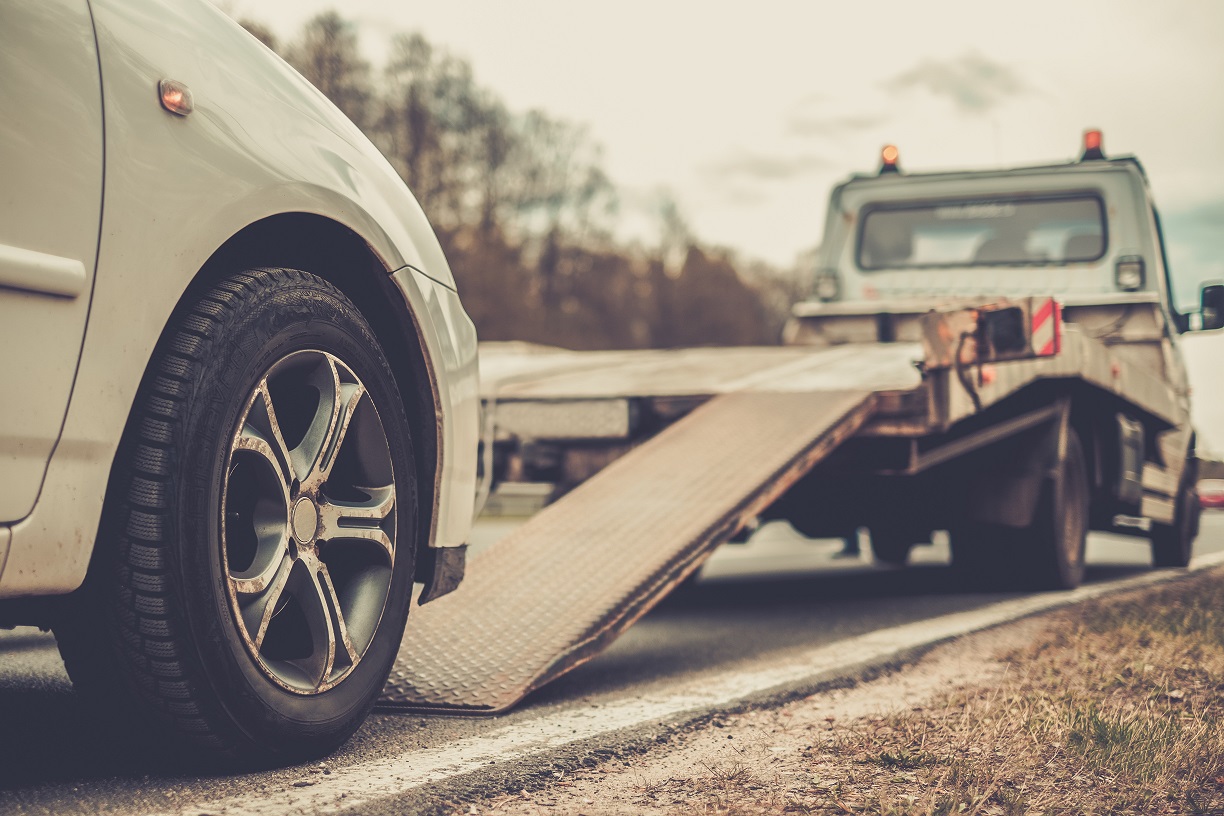If My Car Is Repossessed, Am I Still Liable for the Remaining Balance?

Falling behind on any sort of loan payment can create a financial headache, as late payments, interest and late fees can compound quickly. However, when the monthly payments are between $200 and $500, missing even just one or two payments may make catching up a near impossibility. If you are among the overwhelming number of Canadians who are mere dollars away from financial insolvency after paying your regular monthly bills, catching up on your default auto loan payments may not be an option. If this is the case, the bank that lent you the money may repossess your vehicle. If that happens, are you still liable for the remaining balance?
Your Obligations Under the Loan Contract
Many people assume that once the bank repossesses a vehicle due to loan default, all their troubles end there. Unfortunately, that is almost never the case. When you sign an auto loan agreement, you pledge to repay the amount you borrow. Your inability to repay does not render your loan contract void, and neither does repossession. If the bank repossesses your vehicle, it will sell the car at auction and keep the amount it receives. It will then hold you accountable for the difference between what the car sold for and what you currently owe.
For instance, say you still owe $12,000 on your vehicle. It sells for $5,000 at auction. You would still owe the bank $7,000. From that point, you would have two options: Either pay off the remaining balance in installments or become the subject of a lawsuit in which the probable outcome would be for you to have to pay off the balance in full.
Reinstating Your Auto Loan
If repossession does not free you of your obligation to repay your auto loan, it does not make much sense to let your vehicle go. Fortunately, you can keep your car by working with your auto lender. More often than not, auto lenders are willing to work with borrowers to save themselves the cost and the hassle of pursuing a lawsuit.
Many lenders are willing to modify existing loans to reduce payments to an affordable amount. To help a borrower reinstate the loan, your lender may work the late payments into the new amount owed. However, some companies require borrowers to pay the full overdue amount, plus late fees, before agreeing to modify a loan. Depending on how far behind you are and the particular lender from which you borrowed, you may not be able to get your car back unless you agree to pay the value of the loan in full. However, the latter scenario is the worst-case scenario.
Filing for Bankruptcy
If you choose to file for bankruptcy, you may be able to keep your vehicle. If you file for a Chapter 7, the judge may allow you to keep your car if you agree to pay the arrears and reaffirm the loan with your bank. If you want to get rid of your auto loan payments, you can let the vehicle go. Because of the protections that bankruptcy offers, the lender cannot pursue further collections actions.
If you file for Chapter 13 bankruptcy, the judge and a bankruptcy trustee would devise a repayment plan designed to help you catch up on all past-due accounts, including your auto loan. Once caught up, you would reaffirm your loan with the bank and pick up payments from the date you filed for bankruptcy. To benefit from the protections that bankruptcy affords, such as the automatic stay, which prevents lenders from pursuing collections actions, you must remain current on all your payments. If you drop the ball on any, the judge may dismiss your case.
Review Your Other Options
You do have other options that will allow you to keep your vehicle, put a stop to collection calls and remove the risk of imminent repossession. One such option is refinancing your loan through a different lender. If your original lender will not work with you to reaffirm your loan, shop around for one who will. There are plenty of lenders out there who are likely willing to refinance your loan with a lower payment. Though you would still have to make payments in full, the monthly payments would at least be more manageable.
Another option that may be available to you is a personal loan. If your financial struggles were only temporary and you can meet your regular monthly obligation from now on, a personal loan can help you catch up on past-due payments. Shop around for a loan that has low rates and reasonable terms. Also, before you go this route, sit down and review your finances. You want to be absolutely sure that you can keep up with your car payments and your loan payments each month; otherwise, you will find yourself back in the same situation you’re in now.
LoanConnect connects consumers with personal loans for every aspect of life and within a matter of minutes. We look for the best rates your credit score can get you and, more often than not, help consumers get pre-approved in less than 60 seconds. For the cash you need quickly, use our loan search engine today.
